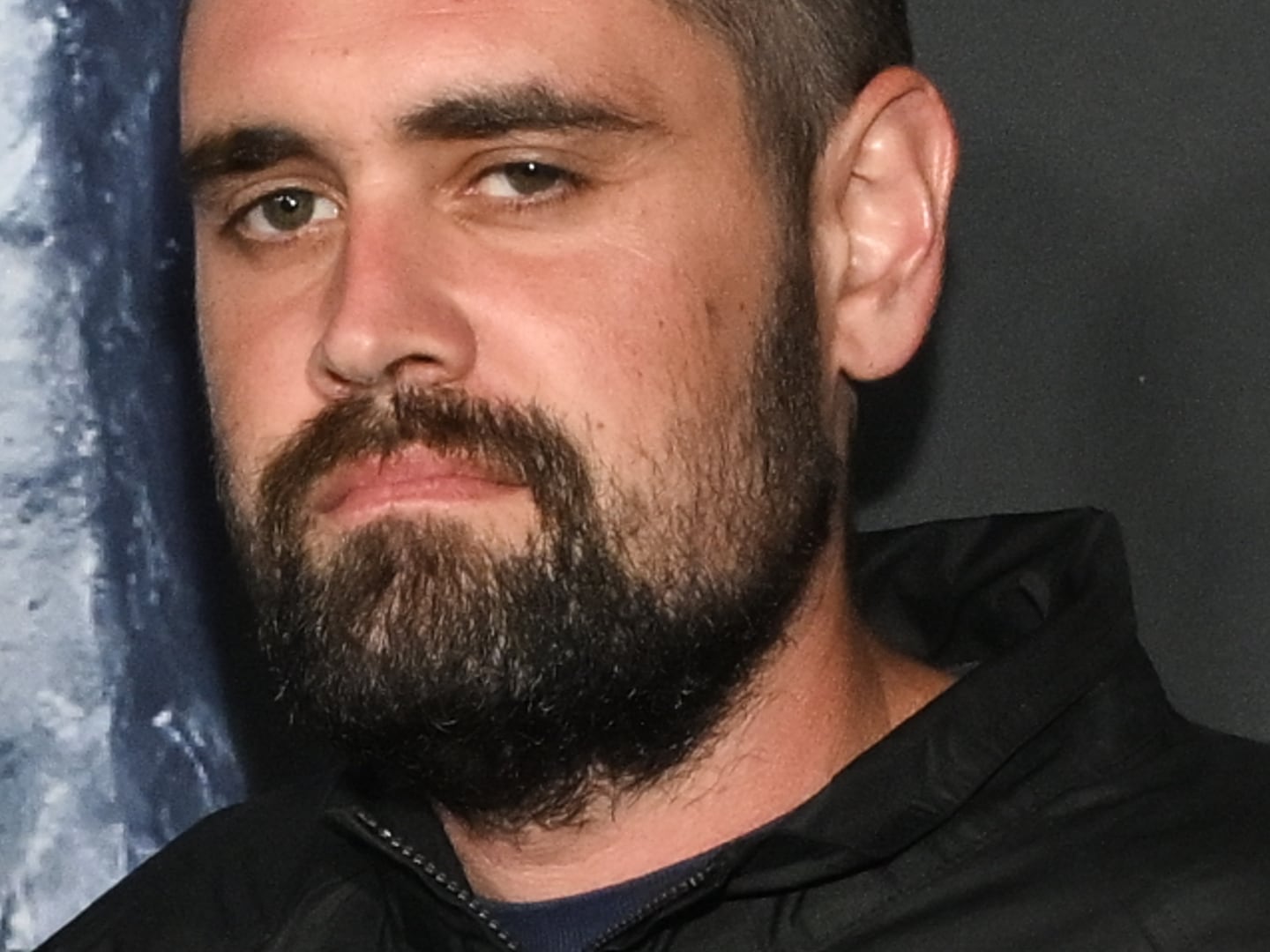Jeff Daniels is so reliably great that he can make just about any material sing, and that fact is put to the test by American Rust, a nine-part drama destined to be unfavorably compared to Mare of Easttown. Like HBO’s limited series, Showtime’s handsome but inert saga (based on Philipp Meyer’s 2009 novel of the same name) concerns a small-town Pennsylvania cop, a puzzling homicide involving many intertwined locals, and an atmosphere of grim rural misery and despair, much of it wrought from a drug epidemic that plagues its inhabitants—including, to some extent, its protagonist. A murder mystery populated by working-class folks dealing with various traumas while hanging out in cozy dive bars, around crackling campfires, and amidst dilapidated buildings, it’s a familiar song sung in an even more familiar key—save, that is, for those few moments when its star interjects some unique personality into the proceedings.
American Rust’s title announces the show’s lofty intentions; this is a character study-via-genre-thriller that wants to be emblematic of a larger, corrupting national ailment. Alas, what’s largely on display (at least in the three episodes provided to press ahead of its Sept. 12 premiere) are a lot of clichéd characters and circumstances, drenched in the usual patina of quiet rustic gloom. Its story is set in fictional Buell, Pennsylvania, which police chief Del Harris (Daniels) explains early on is both geographically and spiritually closer to West Virginia than it is to Pittsburgh. It’s a slowly dying enclave where the air is still, the men carry guns, the women talk tough, the factory has long since closed down, and everyone knows everyone else, and thus happily gather for shotgun weddings where they carouse and fight with down-home rowdiness. Generic is the word for it.
From the start, only Daniels’ Harris stands out. First introduced crushing, weighing, and consuming his dosage of daily prescription pills, he’s a Gulf War vet and former Pittsburgh detective who’s retreated to this out-of-the-way haven for reasons that aren’t immediately revealed. No matter, though; hints about his deep, dark distress are impossible to miss. Less easy to pin down, however, is his personality. Overseeing a public auction of some homes—including that of his seamstress girlfriend Grace (Maura Tierney) and her loutish husband Virgil (Mark Pellegrino)—that is then interrupted by Virgil and his friends’ arrival with rifles, Harris admits to the auctioneer that this has been a clear case of intimidation. Nonetheless, his offer to have the man safely escorted out of town comes across as both a kind and menacing gesture. That duality is again present when he jokingly picks up a bottle of sparkling wine from a bartender, only to then snap at her when she makes a harmless (if lewd) joke about also selling him condoms.
It’s tricky getting an initial beat on Harris. Yet unfortunately, American Rust doesn’t really know what to do with him, and thus winds up sidelining him for long stretches so it can detail the tangled situations of many other Buell residents. There’s Isaac (David Alvarez), who’s unhappily stuck at home caring for his grouchy invalid father Henry (Bill Camp). There’s Billy (Alex Neustaedter), Grace and Virgil’s son, a former high school football star who’s now an assistant coach at his alma mater; Isaac pines for Billy, even though Billy remains hung up on Isaac’s sister Lee (Julia Mayorga), who’s now married and living in New York City. There are also Harris’ law enforcement underlings, loyal Steve Park (Rob Yang) and walking-disaster Pete Novick (Jim True-Frost), the latter of whom is fired and then winds up dead in a steel mill, the victim of a fatal bludgeoning that might have something to do with his raging narcotics problem.
Novick’s death is the catalyst for American Rust’s whodunit, which one might naturally assume is the series’ main focus. Like Harris himself, however, this investigation is often ignored in favor of supporting characters’ pedestrian mini-dramas, be it Grace’s attempts to form a union at her dressmaker shop alongside her Mexican-immigrant coworkers, Isaac fleeing home and riding the rails (with an envelope full of stolen cash), or Billy and Lee rekindling their teenage romance once she returns home to care for her dad, who’s been abandoned by Isaac. These threads are a drain on the material’s momentum and marginalize both Harris and his inquiry into Novick’s slaying—the only two compelling things about this tale.
As Henry, the talented Camp is asked to simply look disheveled, sit in a wheelchair and La-Z-Boy, and bark nastily at his kids (because he hates being cared for), and though Tierney is given a bit more to work with, Grace is depressingly featureless. The less said about Billy and Lee’s dreary relationship, the better; not only do Neustaedter and Mayorga share no chemistry, but their characters’ dynamics are exasperatingly stale. And as for that murder inquiry? A couple of opening developments point so insistently in one suspect’s direction that it’s easy to identify them as misdirections, which subsequently turns the series into a prolonged guessing game, with the least suspicious players proving to be the most likely culprit. A few quick shots of seemingly innocent figures only exacerbates one’s hunch that American Rust is playing a tired red herring-laced game—something that would be wearisome enough even without its sluggish pacing.
In its third installment, Daniels’ Harris opens up about the painful secret that drove him out of the big city and to this remote hamlet, and though the actor does his best to sell it—his face subtly conveying the moral code that compelled him to make the decisions he did, and the guilt and regret that still gnaws at him years later—he can’t elevate what amounts to one more prosaic revelation in a show full of them. Daniels’ scenes aside, there’s simply nothing particularly distinctive, exciting or surprising about American Rust, which hews to a formal and narrative template that’s as creaky and gone-to-seed as the trailer homes, pick-up trucks, and steel mills to which it pays such evocative attention.







